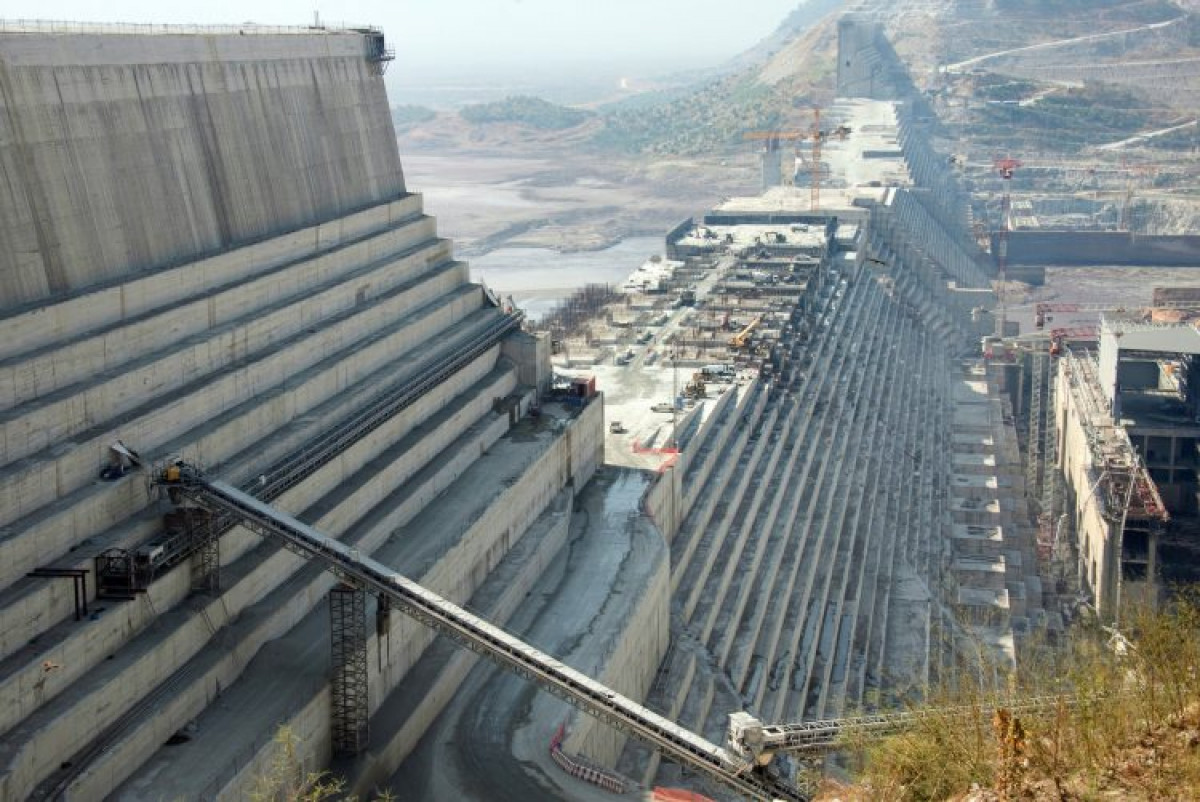 95
95
The Blue Nile is the world’s longest river, stretching 1,500 kilometers from Ethiopia to Uganda’s Lake Tana. The Blue Nile River reaches Sudan through Ethiopia’s northwest border, where it meets the White Nile near Khartoum, Sudan’s capital. The White Nile also flows into the two lakes of Abu Simbel and Nasser in southern Egypt after a lengthy journey. Even though Ethiopia is the Nile’s principal source, Egyptian water rights have always been higher than those of other countries, according to past agreements. Ethiopia, on the other hand, wanted to construct a dam on the Nile River to solve the country’s increasing water deficit. The Ethiopian government responded by constructing the Grand Ethiopian Renaissance Dam (GERD) near the Nile’s mouth. According to experts, GRED is capable of putting Sudanese and Egyptian water supplies in jeopardy. When the GRED project was completed ten years ago, the Ethiopian government initially pledged to use the stored water solely for electricity generation. Many Egyptians, on the other hand, believe that the ultimate goal of filling the GRED to its full capacity of 6 billion cubic meters is to deprive Egypt and Sudan of water. Egypt’s access to Nile water is critical, and any disruption in water supplies may plunge the country into utter turmoil, with Israel playing a sinister role. And why is Israel supporting Ethiopia in this conflict? Ethiopia has agreed to sell surplus water from the GRED to Israel since Egypt is a powerful African country, and Tel Aviv hopes to keep Egypt weak and isolated because a water shortage is the best way to undermine Egypt’s social and economic institutions. Because Ethiopia has officially recognized the Zionist administration, the Zionists have chosen to assist Addis Ababa in the Egypt-Ethiopia war. Furthermore, Tel Aviv has sent an engineering team to Ethiopia to assist with the construction of the GRED. Through a tripartite deal with Ethiopia, Sudan and Egypt seek to secure their annual share ofakf the Nile River. Despite Egypt and Sudan’s opposition to the GRED project, Ethiopia defiantly demonstrated this month to Egypt and Sudan that the GRED’s second phase of filling had been accomplished without any need for any tripartite agreements. Cairo and Khartoum have been vocal in condemning the acts of Ethiopia, which they consider unilateral and unfair. The Egyptian government’s focus on maintaining their countries’ water rights has prompted concerns about rising tensions and the possibility of a military escalation between Cairo and Addis Ababa. As a consequence, the UN Security Council (UNSC) held an emergency session at the request of Khartoum and Cairo to address tragedies emerging from the construction of the GRED, as well as to support the African Union’s mediation efforts to resolve the mêlée between Ethiopia, Egypt, and Sudan. The UN Security Council called on all parties to meet under the aegis of the African Union, a stance that is still being maintained to tackle the perilous conflict.
Comment
Post a comment for this article